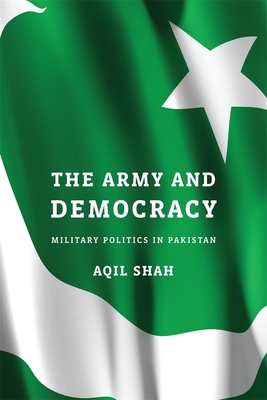Expedite your nonfiction book discovery process with Readara interviews, summaries and recommendations, Broaden your knowledge and gain insights from leading experts and scholars
In-depth, hour-long interviews with notable nonfiction authors, Gain new perspectives and ideas from the writer’s expertise and research, Valuable resource for readers and researchers
Optimize your book discovery process, Four-to eight-page summaries prepared by subject matter experts, Quickly review the book’s central messages and range of content
Books are handpicked covering a wide range of important categories and topics, Selected authors are subject experts, field professionals, or distinguished academics
Our editorial team includes books offering insights, unique views and researched-narratives in categories, Trade shows and book fairs, Book signings and in person author talks,Webinars and online events
Connect with editors and designers,Discover PR & marketing services providers, Source printers and related service providers

The Army and Democracy
Political Science > World - Asian
- Harvard University Press
- Hardcover
- 9780674728936
- 9.47 X 6.44 X 1.36 inches
- 1.61 pounds
- Political Science > World - Asian
- (Single Author) Asian American
- English
Readara.com
Book Description
Since Pakistan gained independence in 1947, only once has an elected government completed its tenure and peacefully transferred power to another elected government. In sharp contrast to neighboring India, the Muslim nation has been ruled by its military for over three decades. Even when they were not directly in control of the government, the armed forces maintained a firm grip on national politics. How the military became Pakistan's foremost power elite and what its unchecked authority means for the future of this nuclear-armed nation are among the crucial questions Aqil Shah takes up in The Army and Democracy.
Pakistan's and India's armies inherited their organization, training, and doctrines from their British predecessor, along with an ethic that regarded politics as outside the military domain. But Pakistan's weak national solidarity, exacerbated by a mentality that saw war with India looming around every corner, empowered the military to take national security and ultimately government into its own hands. As the military's habit of disrupting the natural course of politics gained strength over time, it arrested the development of democratic institutions.
Based on archival materials, internal military documents, and over 100 interviews with politicians, civil servants, and Pakistani officers, including four service chiefs and three heads of the clandestine Inter-Services Intelligence, The Army and Democracy provides insight into the military's contentious relationship with Pakistan's civilian government. Shah identifies steps for reforming Pakistan's armed forces and reducing its interference in politics, and sees lessons for fragile democracies striving to bring the military under civilian control.
Author Bio
Aqil Shah is a political scientist and the Wick Cary Associate Professor of South Asian Politics in the Department of International and Area Studies at the University of Oklahoma. He is also a non-resident scholar at the Carnegie Endowment for International Peace.
His research interests include democratic transitions, military coups, institutional norms and South Asian security issues. His work has appeared in or is forthcoming in International Security, Perspectives on Politics, Democratization, Journal of Commonwealth & Comparative Politics, the Journal of Democracy, Foreign Affairs and Asian Survey as well as several edited volumes. He is the author of The Army and Democracy: Military Politics in Pakistan (Harvard University Press, 2014).
Dr. Shah holds a PhD in Political Science from Columbia University and an M Phil in International Development from Oxford University, where he was a Rhodes Scholar. He has been a Hewlett Research Fellow at the Center for Development, Democracy and the Rule of Law at Stanford University and a post-doc fellow at the Society of Fellows, Harvard University.
Having previously taught at Dartmouth and Princeton, he offers courses on comparative democratization, civil-military relations, the politics of developing countries & South Asian International Relations. Prior to his academic career, Dr. Shah was a policy advisor in the Asia-Pacific Governance Program of the United Nations Development Program, and a senior analyst in the South Asia office of the International Crisis Group.
Source: The University of Oklahoma
Videos
No Videos
Community reviews
No Community reviews

